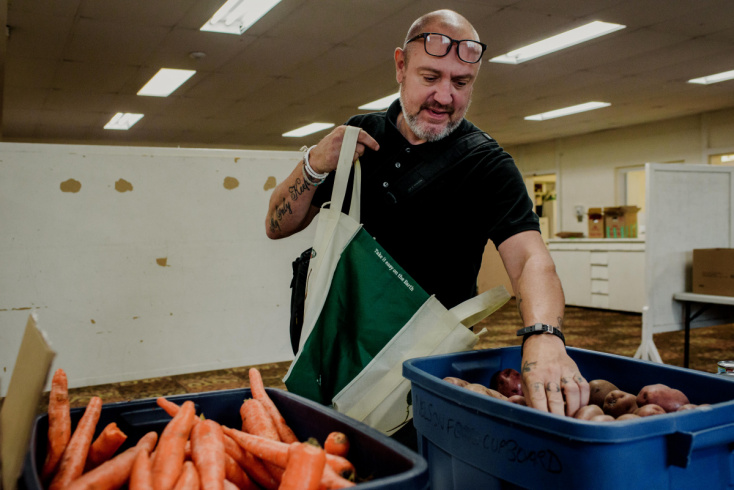Rapid Action Resources for Local Governments: 2 - Working with NGOs, Faith-based and Cultural Groups, and the Charitable Food Sector

Over the coming months, PlanH is releasing the series of Rapid Action Resources to support local non-Indigenous governments and Indigenous governments with an understanding of the equity considerations around various aspects of food security, as well as examples of good practices in food security from other local governments in the province and across the country. Food security is complex and addressing the various aspects of food security — including food systems and food insecurity — will require action at various levels to positively affect outcomes for individuals, families and communities. This second piece explores some considerations around the role non-governmental organizations (NGOs), faith and cultural groups, and charities play in food security and identifies opportunities for Indigenous and non-Indigenous local governments to enhance collaboration with these vital cross-sectoral partners in order to build a stronger food system and respond to individual and household food insecurity.
-
By
-
Published
Oct 05, 2020
-
Subject Area
- Food & Nutritional Support
-
Audience
- Service Providers (Non-profits, Community Organizations, Local government)
- Government
- Health Authorities
-
Category
Newsletter
Sign up for the Healthy Aging CORE BC e-news to keep up-to-date with activity from the platform and the Community-Based Seniors Services (CBSS) sector across the country.
